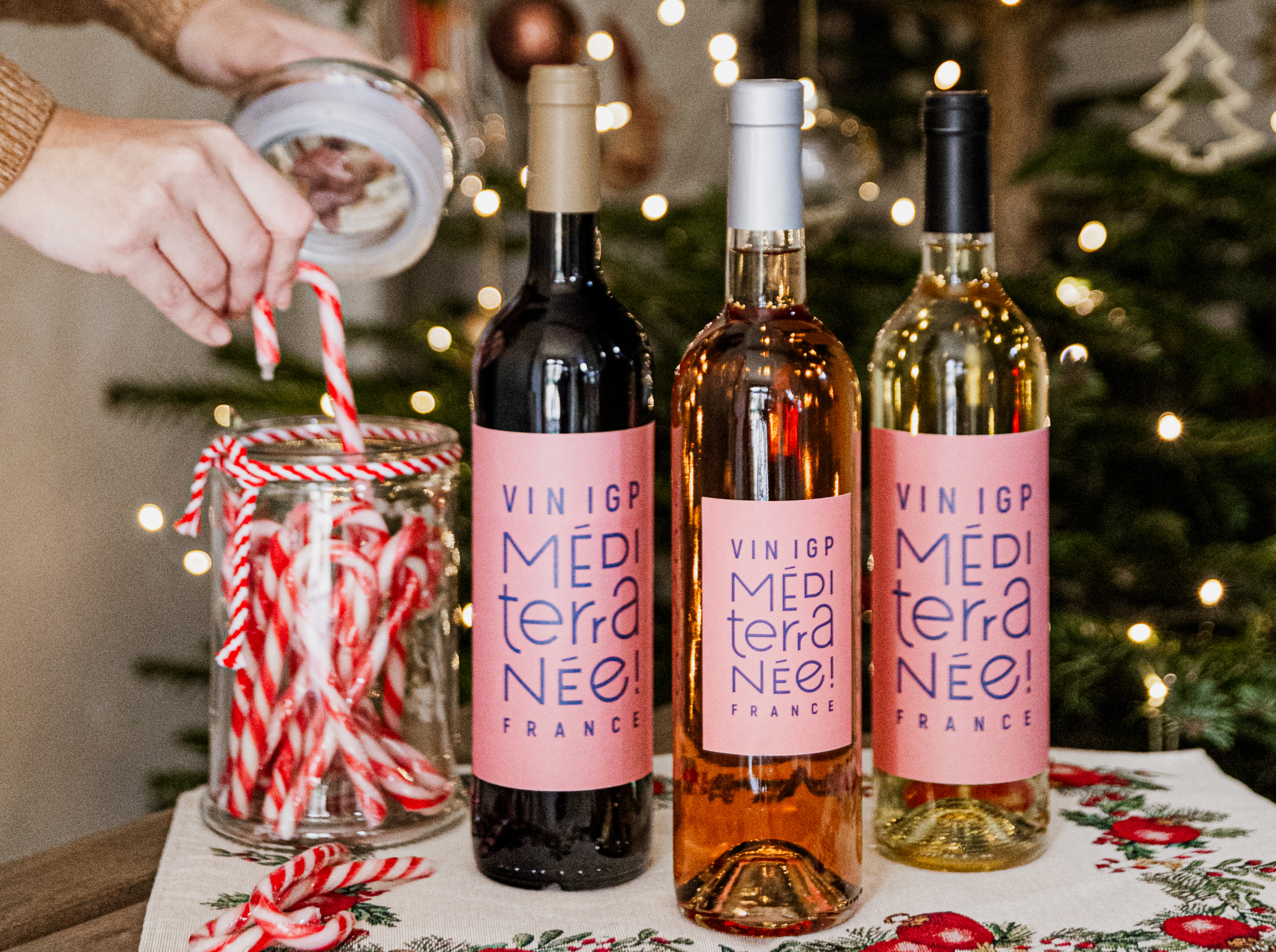Does drinking wine really help fight Covid-19?
Reports in the press this year have suggested that tannins in wine may help fight Covid-19 in humans, but can drinking really help battle an infection? We consider the evidence.

It’s was a welcome idea to wine drinkers worldwide that perhaps their favourite tipple could actually be a help in the fight against the current coronavirus, and it was one that stemmed from studies to show that polyphenols – which include tannins and flavanols in wine – can prevent a virus attaching itself to human cells.
Indeed, as db reported in January, tannins in wine might be able to inbibit the activity of two key enzymes within the Covid-19 virus, referencing research from Taiwan.
However, following a seminar on the topic with professor of nutrition at the German University of Prevention and Health Care Management, Dr Nicolai Worm, it appears that one must be careful when considering the results of such a study, both because it related to a different disease – SARS-CoV-2 – and also because it was a lab-based ‘in-vitro’ study, as opposed to one that is ‘in-vivo’, and therefore based on results from infected humans.
Commenting on 2 March on the results to show that polyphenols (flavanols, proanthocyanidins) in grapes and wine prevented the SARS-CoV-2 virus from attaching itself to human cells, he said that the conclusions from this in-vitro study cannot be extrapolated to humans. In other words, for Nicolai, the evidence was not “sufficient” until such a study is repeated using animals and humans, and deals with the cause of the current pandemic.
Consequently, his conclusion was that there is yet to be an appropriate study to show that polyphenols in wine work against Covid-19 in humans.
Nevertheless, Nicolai, who was leading the online event – which was called Wine and COVID-19: fake news or facts – did show evidence to support the idea that wine tannins could be beneficial in preventing infection when it comes to other viruses, commenting that some animal studies have shown that these phenolics could block an enzyme in the flu virus.
He also said that some wine phenolic compounds can stop the multiplication of the Mers-virus (another corona virus but not SARS-CoV-2 virus) by preventing attachment or invasion in the host cell.
And he recorded that some wine polyphenols destroy the synthesis or composition of the genetic material or the shell of viruses, while noting that flavonoids in wine could stop the advancement of the flu and limit its symptoms.
Concerning this latter point, he said that a possible mechanism is that wine polyphenols influence the immune system through the gut microbiota.
Partner Content
Meanwhile, considering the separate topic of alcohol and people’s response to the Covid-19 vaccine, he said that there were some indications that “moderate consumption of alcoholic beverages may assist the immune response to the vaccine, potentially through the anti-inflammatory effect of the wine polyphenols” – although the research to support this was “insufficient”.
Importantly, he stressed that there was no evidence to suggest that moderate drinking would reduce the efficacy of immune responses to vaccinations, or influence the likelihood of hospitalisation having contracted Covid.
Furthermore, having cited scientific studies that showed that moderate drinking can actually boost immunity to viral infections, similar to Covid-19, he expressed his consternation at guidelines from the World Health Organisation telling people “to avoid alcohol altogether” during the pandemic, “so that you do not undermine your own immune system.”
Such advice is “misleading”, he said.
Read more
WORLD HEALTH ORGANISATION ‘MISLEADING THE WORLD’ ON COVID AND ALCOHOL, CLAIMS PROFESSOR OF NUTRITION




